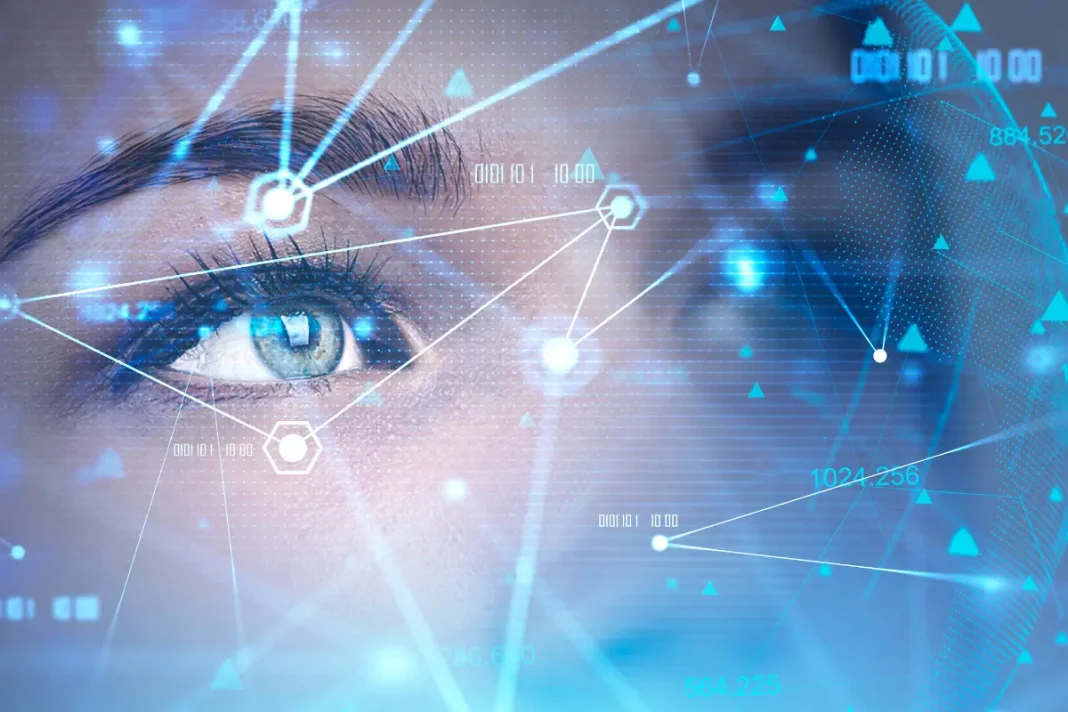There are questions that are optional and others that are imposed, whatever our choices may be. Technoscience, with its amalgam of human progress and inhuman business, is now coming upon us with the new advances of Artificial Intelligence. Between the lament for the ethical ellipsis, which dangerous uses imply, and the transhumanist optimism, which considers that we have reached a new singularity, it is worth pondering our position as believers. We need to think about this issue in depth because it involves concrete practices before which we have to situate ourselves.
As Pope Francis points out in his message for World Communications Day, artificial intelligence “is radically modifying information and communication and, through them, some of the foundations of civil coexistence”. Taking this reality as a starting point, he invites us to make a choice: “In this age that risks being rich in technology and poor in humanity, our reflection can only start from the human heart. Only by endowing ourselves with a spiritual gaze, only by recovering a wisdom of the heart, will we be able to read and interpret the newness of our times and rediscover the path of a fully human communication”.
The ambiguous condition of the human being invites us to discern between opportunity and danger. Generative artificial intelligence, which is capable of collecting existing data and obtaining original content, allows us to have at our fingertips novel proposals and scenarios for communication. We can have more information and more possibilities for interpretation at our fingertips with much greater speed. This means the challenge of acquiring new learning when we have already understood that training never ends. We must be open as believers to the new things that technology offers to address complex problems and discern where it can be useful to us.
That said, we must not forget the challenges of concern. Thus Pope Francis proposes that “it is necessary to act preventively, proposing models of ethical regulation to curb the harmful and discriminatory, socially unjust implications of artificial intelligence systems and to counteract their use in the reduction of pluralism, the polarization of public opinion or the construction of a single way of thinking”. The possibilities of information manipulation (fake news, disinformation campaigns, use of anonymity, erasing mechanisms,…) and the pressure of power and the market on communicators grows exponentially.
Artificial Intelligence feeds the climate of fierce competition between media and excessive speed of information, while there is a lack of spaces for discernment. Communicators have to move only within the parameters of the “stable” (pardon the cavalry simile) by which they are hired. There is an urgent need for independent spaces where communicators can exercise their freedom of opinion, their ethical doubts, their own weakness in the face of a complex system. Christian communicators need free spaces, communities of contrast from the values of the Gospel.
In the future of the development of Artificial Intelligence, the human condition is at stake. The dystopias of science fiction are a warning that points to the weaknesses of what is only apparently progress. What is new is that fiction is already reality and we have it in our hands.
SIGNIS is not only a place of communicative proposals. It must be a place of shared spiritual discernment and ethical formation. We need to give ourselves spaces outside our “block” so as not to be trapped in the “echo chamber” and to be able to address the challenges from the spiritual heart that moves us. The ecclesial community takes on the challenge of opening spaces of communion where we can trust and confide in each other to address issues that are professional but take on personal tones.
As Pope Francis says: “The answer is not written, it depends on us. It is up to man to decide whether to become food for algorithms or instead to nourish his heart with freedom, that heart without which we would not grow in wisdom. This wisdom matures by taking advantage of time and understanding weaknesses. It grows in the alliance between generations, between those who have a memory of the past and those who have a vision of the future. Only together grows the capacity to discern, to watch over, to see things from their fulfillment”. Quite a challenge.


